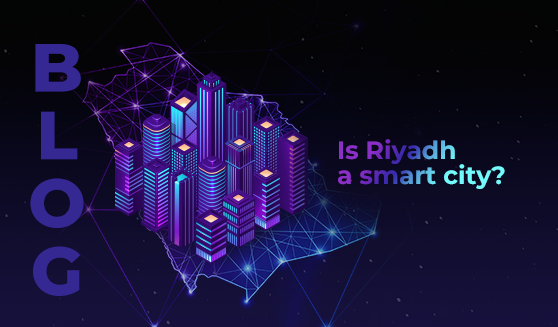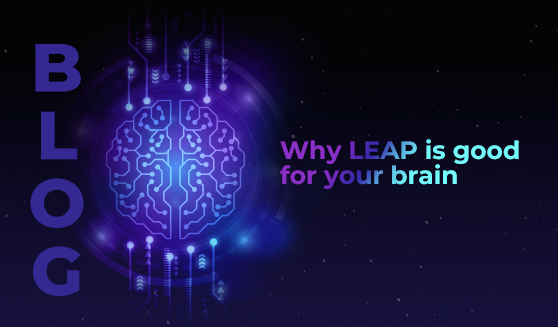
You know we’re often deep in conversation about smart cities a lot – with good reason. Smart city experts including Kris Libunao (Executive Director and Chief Sustainability Officer at SmartCT), Jorge Sebastiao (Co-Founder, Eco X, CBO Simba Storage), Joseph Bradley (CEO at NEOM Tech & Digital Company), and many more have shared their knowledge at LEAP, and reignited our enthusiasm for the potential of cities to serve their citizens in a useful, enjoyable, even frictionless way.
But what about the city where LEAP actually happens – is Riyadh a smart city?
Yes – and it’s getting smarter
Riyadh has been ranked 30th in the global smart city ranking, coming out ahead of Paris, Berlin, and Madrid. The city has also been assessed for smart city development, and is ranked as the third smartest Arab city according to the IMD Smart City Index.
As Saudi Arabia continues to work towards the Vision 2030, the government is investing heavily in technological development and economic diversification – which includes creating smarter cities that are sustainable, facilitate the local economy, and attract international visitors.
A 2023 study by researchers at the King Saud University (KSU) in Riyadh aimed to create a model that can drive further transformation in the city. The study recommends a number of technological advancements – including the implementation of large data centres to manage the influx of information from smart city IoT devices in Riyadh; and the consolidation of Riyadh’s role as a regional hub for cloud computing and tech investment.
Riyadh announced the ALNAMA Smart City project in 2022
Located within Riyadh, the ALNAMA Smart City project – announced in 2022 – plans to provide 11,000 residential units to house 44,000 people, and will have smart technologies built into its infrastructure.
Masterminded by URB, an experienced developer of zero-carbon cities, ALNAMA will be spread across 10 square kilometres, and equipped with hubs for residential, educational, commercial, tourism, and medical services. The development is expected to transform the city into a unique setting for local residents and international tourists.
The landscape design itself will reduce air pollution and encourage biodiversity, as well as connecting the community through shared, accessible spaces. And the project will create around 10,000 jobs in sectors including (but not limited to) green tech.
Experience Riyadh
Registrations are now open for LEAP 2024 – so join us in Riyadh to experience the city for yourself.
As Kris Libunao put it in this interview:
“Attending LEAP 2023 provided me with a first-hand look at precisely how far along Riyadh is in the creation of smart cities. Looking forward to joining LEAP 2024!”








